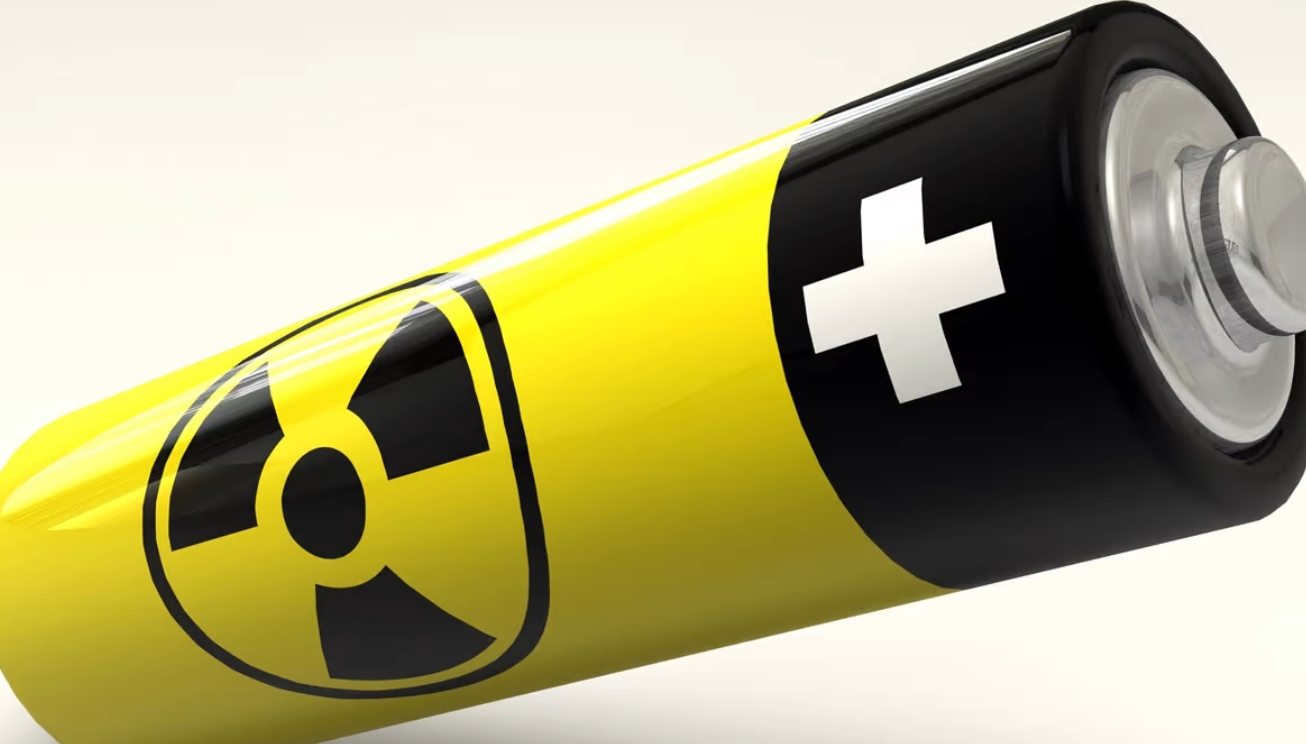China has achieved a significant breakthrough in the field of energy technology with the development of an automatic nuclear battery that operates continuously for an impressive 50 years without the need for recharging. This pioneering innovation comes from the startup company Betavolt, heralding a new era in power sources and addressing some of the challenges associated with conventional batteries.
The nuclear battery developed by Betavolt has garnered attention for its unique capabilities, marking a departure from traditional power storage systems. One of its standout features is its ability to function without the need for regular charging. This sets it apart from conventional batteries that require frequent recharging, contributing to a more sustainable and efficient energy solution.
The compact size of the nuclear battery is another notable aspect, measuring only 15 x 15 x 15 millimeters. Despite its diminutive dimensions, this battery packs a powerful punch. Within its small structure, tiny modules house nuclear isotopes, harnessing their energy to generate electricity. The integration of nuclear isotopes into the battery design is a key element of its longevity and continuous operation.
In terms of power output, the nuclear battery is capable of producing 100 micro-watts of electricity at 3 volts. This level of power makes it suitable for a range of applications, from aerospace technology to medical equipment, microprocessors, advanced sensors, small drones, and micro-robots. The versatility of this battery positions it as a viable and potent energy source across various industries, contributing to advancements in technology and addressing the energy needs of modern devices.
Betavolt, the Chinese startup behind this groundbreaking development, has set ambitious goals for the widespread use of its nuclear battery. The company aims to commence production soon to meet the growing commercial demand for this innovative power source. The move towards commercialization signifies a transition from laboratory experiments to practical applications, marking a critical phase in the adoption of this technology.
The battery’s ability to operate in a wide temperature range is also a noteworthy attribute. It can function effectively in temperatures ranging from minus 60 degrees to 120 degrees Celsius. This adaptability further expands the potential use cases for the nuclear battery, ensuring its applicability in diverse environments and conditions.
One of the striking aspects of Betavolt’s nuclear battery is its promise of radioactivity-free operations. The company has emphasized that the battery is designed to operate safely without posing risks associated with traditional nuclear technologies. This feature makes it an appealing choice not only in laboratories but also in real-world applications where safety is paramount.
The technology developed by Betavolt has garnered interest beyond its immediate applications. Pacemaker manufacturers, in particular, have expressed interest in utilizing this nuclear battery for medical devices. The prospect of a battery that can power medical implants without the need for replacement or recharging for five decades represents a significant advancement in the healthcare technology landscape.
As Betavolt progresses towards its goal of releasing the nuclear battery into the market by 2025, the technology’s impact on various industries and daily life is poised to be transformative. The automatic nuclear battery stands as a testament to China’s commitment to innovation in the energy sector, offering a glimpse into a future where long-lasting, sustainable power sources play a central role in powering our increasingly connected and technologically advanced world.
